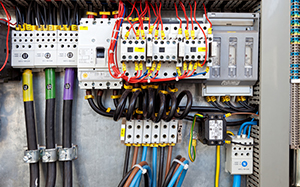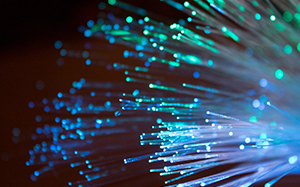- Professor: Graham Celine
- Professor: Tony Oran
The Electrical Systems module emphasizes experiments involving AC/DC, magnetism, electrical components, and the theory and construction of series and parallel circuits.
The student is introduced to basic concepts of electricity and electrical systems, such as conduction, current, circuits, magnetism, alternating and direct current, rectification and regulation of current, controlling and conditioning current, and reading schematic diagrams. The activities in this module guide the student through various simple and complex exercises and experiments that provide the student with an overview of electricity and solid foundations for further work.
Using a trainer panel, the student connects fixed components to build circuits illustrating the above concepts and others.
In addition to the trainer panel, the student also works with a multimeter to practice in-circuit measurements of voltage, current and resistance, and a simulated breadboard for more extensive practice in wiring and experimentation.
Cat. Number 77-8046-0000
[Ver: 2.0.0.0]

The Fiber Optics module introduces students to fundamental concepts of optics that form the basis of fiber optics. Students learn essential concepts relating to the laws that light waves follow and how these laws are used in optical fibers. Students are introduced to the basic fiber optic transmission diagram and learn the general elements, including lasers, LEDs, photodiodes, amplifiers, multiplexors and demultiplexers. Students also learn about the process of fiber optic manufacturing as well as of general applications of optical fibers.
Cat. Number 77-3021-0000
[Ver: 2.0.0.0]
